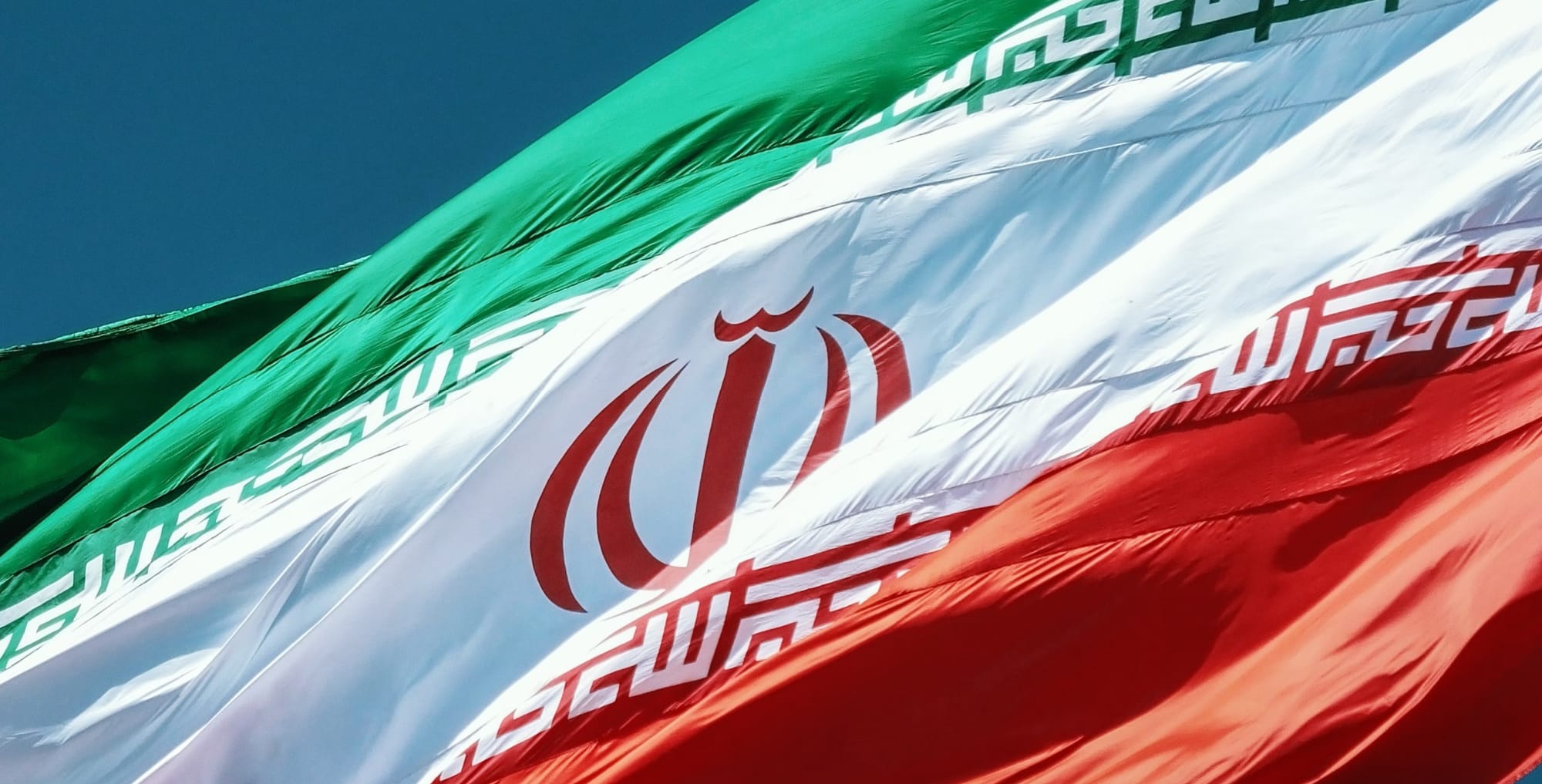Crypto Mining Regulations in 2025: What You Need to Know
Crypto mining isn’t dead—it’s just regulated. In 2025, some countries are banning it, others are offering incentives, and many are adjusting their laws fast. This guide covers where mining is allowed, taxed, or illegal.

Crypto mining is still alive in 2025, but it’s not running wild anymore. Countries across the world are clamping down, opening up, or tweaking rules to keep things in check. Whether you're mining in a warehouse or on a home rig, you're part of a legal conversation that never stops changing.
Some nations now label mining as a risky energy drain. Others see it as an economic opportunity. And then there's the tax side—yes, governments want their slice of the hash rate too.
From China’s ongoing bans to El Salvador’s Bitcoin mining with volcano power, regulation in 2025 is all over the map. Knowing where it's allowed, taxed, or flat-out banned can save you more than just money—it could save your entire operation.
This guide covers it all. You’ll learn which countries are mining havens, which are mining traps, and how new laws affect your crypto mining profits in 2025.
Countries with the Strictest Crypto Mining Laws
In 2025, several countries maintain stringent regulations or outright bans on crypto exchanges and cryptocurrency mining. Understanding these restrictions is crucial for miners to ensure compliance and avoid legal repercussions. Also, it is important that you register with renowned exchanges to trade cryptocurrencies in these regions.
1. China

China has upheld strict cryptocurrency restrictions since 2017, banning exchanges and later extending prohibitions to mining and financial institutions handling crypto transactions.
Authorities cite risks to financial stability, fraud, and capital flight as key reasons for the ban. Despite heavy enforcement, underground crypto trading remains active, with China ranking 20th in the 2024 Chainalysis Global Crypto Adoption Index.
Concurrently, the Chinese government continues to advance its central bank digital currency (CBDC) initiatives through its digital yuan pilot programs.
2. Egypt

Egypt's cryptocurrency regulation remains highly restrictive. The Central Bank of Egypt (CBE) has reinforced warnings against crypto transactions, though some exchanges continue to operate within a complex legal landscape. Key concerns driving Egypt’s stance include volatility, money laundering, and lack of oversight.
Additionally, some Islamic scholars classify cryptocurrencies as haram (forbidden) due to their speculative nature, though these opinions remain non-binding. Despite restrictions, peer-to-peer crypto trading persists, illustrating the challenges of regulating decentralized assets.
3. Algeria

Algeria enforces a strict ban on cryptocurrency, citing threats to financial security and economic stability. The government prohibits ownership and transactions, warning against risks such as money laundering and terrorist financing. Despite these restrictions, unofficial crypto trading continues.
4. Bangladesh

Bangladesh maintains a stringent anti-crypto stance, with the Bangladesh Bank banning digital assets in 2017 due to concerns over financial stability and illicit activities. Despite these measures, cryptocurrency adoption persists through underground channels.
5. Nepal

Nepal has taken an aggressive approach against cryptocurrency, declaring it illegal and citing risks to financial stability. The Nepal Rastra Bank prohibits trading and usage, arguing that crypto transactions expose the economy to fraud.
These countries exemplify the diverse approaches to cryptocurrency mining regulation, often influenced by economic, financial, and cultural factors. Miners operating within these jurisdictions must navigate complex legal landscapes to ensure compliance.
Yes, in addition to the countries previously mentioned, several other nations have implemented strict regulations or outright bans on cryptocurrency mining as of 2025.
6. Russia

Russia has introduced legislation requiring cryptocurrency miners to register and provide information to financial regulators, aiming to enhance oversight and mitigate adverse impacts on the power grid.
In regions like Dagestan, authorities are combating illegal mining operations that have caused electricity outages and posed safety hazards. Some miners have resorted to setting up operations underground to evade detection.
7. Iran

Iran recognized cryptocurrency mining as a legal industry in 2018 but has since faced challenges due to its impact on the national power grid. The government has periodically imposed bans and restrictions on mining activities, especially during periods of electricity shortages. Unauthorized mining operations have been linked to rolling blackouts and other infrastructural issues.
8. Iraq

Iraq has imposed strict bans on cryptocurrency activities, including mining, citing concerns over financial stability and the potential for illicit use. Despite these prohibitions, underground crypto trading persists within the country.
Crypto-Friendly Countries for Mining
Not every country sees crypto mining as a threat. In fact, several nations have embraced it as a source of economic growth, innovation, and energy development. These countries offer legal clarity, stable infrastructure, and in some cases, government-backed incentives for miners.
If you’re looking for a safer and more profitable place to run your operation, here are the top crypto-friendly countries for mining in 2025.
1. United States

The United States continues to be a significant hub for cryptocurrency mining, particularly following China's crackdown. States like Texas have positioned themselves as mining-friendly, offering access to abundant energy resources and supportive regulatory frameworks.
However, it's important to note that regulations can vary at the state level, and miners must comply with existing laws related to taxation, electricity usage, and environmental concerns.
2. Kazakhstan

Kazakhstan has been a major player in the crypto mining industry, attracting miners with its vast energy reserves and low electricity prices. However, recent regulations have introduced changes, including licensing requirements and electricity usage caps.
While the country still encourages regulated mining, these new rules aim to address energy consumption concerns and ensure compliance within the industry.
3. El Salvador

El Salvador has embraced Bitcoin, recognizing it as legal tender and integrating cryptocurrency into its broader economic strategy. The government has initiated various projects, including the development of infrastructure to support cryptocurrency mining using renewable energy sources.
Additionally, El Salvador has established a comprehensive regulatory framework for digital assets, with the Comisión Nacional de Activos Digitales (CNAD) overseeing licensing and compliance.
4. Paraguay

Paraguay has shown interest in integrating the crypto sector, with agencies ready to move forward pending legislative approval. The country has signed agreements with El Salvador to enhance regulatory cooperation in the cryptocurrency industry.
However, as of March 2025, the Central Bank of Paraguay emphasizes that cryptocurrencies are neither recognized nor authorized by the government.
5. United Arab Emirates (UAE)

The UAE has been proactive in promoting blockchain technology and has established special zones to attract crypto-related businesses. Dubai, in particular, has introduced comprehensive regulations to support the growth of the crypto sector, positioning itself as a hub for innovation in the industry.
6. Georgia

Georgia has emerged as a favorable destination for crypto mining, offering tax exemptions in certain areas and benefiting from low electricity costs. The government has created a conducive environment for mining operations, attracting both local and international miners.
It's important for miners to stay informed about the evolving regulatory landscapes in these countries, as policies can change in response to economic, environmental, and political factors.
In 2025, cryptocurrency mining profitability is significantly influenced by regulatory frameworks worldwide. Governments are implementing measures that can either enhance or hinder mining operations, directly impacting miners' bottom lines.
Taxes on Mining Rewards
Several countries have introduced taxes on mining rewards, affecting profitability:
- United States: The U.S. has implemented tax policies targeting cryptocurrency mining. Miners are required to report mining income, and certain states have introduced additional taxes to address environmental concerns associated with energy consumption.
- Kazakhstan: Kazakhstan has introduced carbon taxes on mining operations to address environmental concerns. These taxes have increased operational costs for miners in the region.
Government Incentives for Green Mining
To promote sustainable practices, some governments offer incentives for environmentally friendly mining operations:
- El Salvador: El Salvador has embraced renewable energy sources for mining, utilizing geothermal energy from volcanoes. This approach not only reduces environmental impact but also offers cost advantages to miners operating within the country.
- United States: Certain U.S. states provide tax incentives and subsidies for mining operations that utilize renewable energy sources, encouraging miners to adopt greener practices to benefit from these financial advantages.
Conclusion
Crypto mining isn’t disappearing in 2025—but it’s evolving fast. As more countries tighten laws and others roll out incentives, success now depends on where and how you mine.
Operating legally is not just about avoiding penalties. It also opens the door to lower taxes, access to sustainable energy, and long-term growth. Whether you’re in a crypto-friendly zone like El Salvador or navigating strict policies in places like China or Russia, compliance is now part of the business.
Expect more green mining incentives, stricter power usage laws, and rising global standards. Those who adapt early will keep mining profitably while others struggle with shutdowns.
To survive this shift, treat crypto mining like a professional venture. That means monitoring laws, paying taxes, and investing in cleaner tech.
Because in 2025, it’s not just your hash rate that matters—it’s your legal footprint too.
FAQs
Is crypto mining illegal in my country?
It depends on where you live. Countries like China, Egypt, and Algeria have banned mining completely. Others, like the U.S., El Salvador, and Georgia, allow it under certain regulations. Always check your country’s latest crypto laws before starting.
Do I need a license to mine crypto?
Some countries now require licenses or permits to mine legally. Kazakhstan and Russia have introduced registration rules. In the U.S., licensing depends on state regulations. Operating without approval could result in fines or equipment seizure.
How are mining earnings taxed?
Mined crypto is usually taxed as income when received. If you sell or trade it later, you may also pay capital gains tax. Some countries offer deductions for electricity and hardware. Always track your earnings and consult a tax advisor.
Will regulations kill crypto mining?
Unlikely, but they will reshape it. Harsh rules may push miners to friendlier locations. Green incentives are also changing how miners operate. The future favors miners who adapt to legal and energy-efficient practices.




